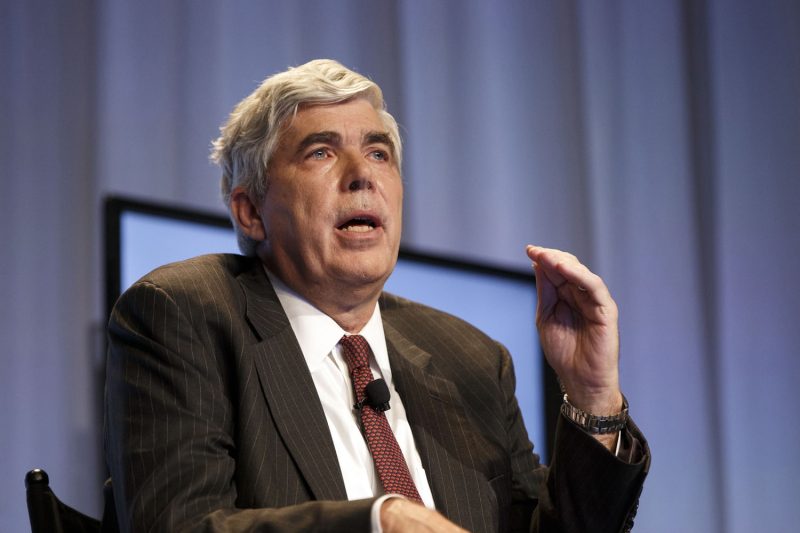In the recent turn of events that have sent shockwaves through the corporate world, former Wamco executive Kenneth Leech finds himself entangled in a web of legal troubles. The U.S. authorities have hit Leech with charges of fraud, alleging that he engaged in deceptive practices during his tenure at the company. The accusations have cast a shadow over Leech’s reputation and raised questions about the integrity of corporate leaders in today’s business environment.
The charges against Leech stem from his alleged involvement in manipulating financial records to artificially inflate Wamco’s performance metrics. By misrepresenting key financial data, Leech is said to have painted a misleading picture of the company’s financial health, deceiving investors and stakeholders in the process. Such fraudulent activities not only erode trust in the company but also have wider implications for the market at large.
The implications of Leech’s alleged misconduct are far-reaching, affecting not only the credibility of Wamco but also the broader financial landscape. Investors rely on accurate and transparent financial reporting to make informed decisions about where to allocate their capital. When executives like Leech abuse their positions of power to deceive investors, it undermines the integrity of the entire financial system.
Furthermore, the case against Leech highlights the need for robust compliance and oversight mechanisms within companies. It serves as a stark reminder of the importance of ethical leadership, transparency, and accountability in corporate governance. Companies must prioritize ethical behavior and ensure that their executives adhere to the highest standards of conduct to maintain trust and credibility with stakeholders.
As the legal proceedings unfold, it remains to be seen how the case against Kenneth Leech will shape the corporate governance landscape. The outcome of this case could set a precedent for holding corporate executives accountable for fraudulent activities and serve as a deterrent for others who may be tempted to engage in similar misconduct.
In conclusion, the charges brought against former Wamco executive Kenneth Leech underscore the importance of upholding ethical standards and transparency in corporate governance. The alleged fraud committed by Leech has not only tarnished his reputation but also raised concerns about the integrity of corporate leaders. As the case progresses, it will be imperative for companies to learn from this incident and reinforce their commitment to ethical conduct and accountability to regain the trust of investors and stakeholders.
